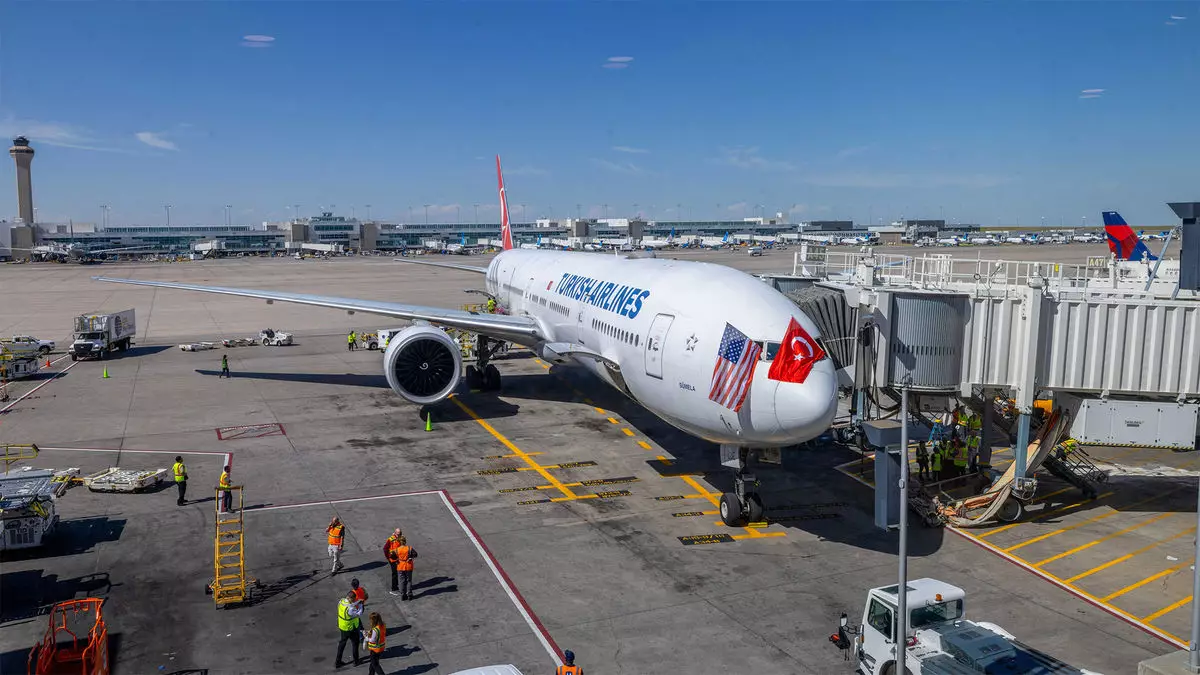In a surprising turn of events, Turkish Airlines has announced that starting on September 1, its fares will no longer be available for booking in the Sabre Global Distribution System (GDS). This decision has left many travel advisors and industry experts puzzled, wondering what led to this sudden change.
As expected in situations like this, both Turkish Airlines and Sabre are pointing fingers at each other, each claiming the other party failed to come to a mutual agreement. Turkish Airlines’ general manager for Los Angeles and Denver, Cemal Kaya, expressed disappointment in Sabre’s lack of reciprocity despite Turkish Airlines’ willingness to continue participating under similar conditions as with other GDS partners.
On the other hand, Sabre released a statement offering a different perspective. According to Sabre, despite their best efforts to negotiate mutually beneficial and commercially reasonable terms, Turkish Airlines made the decision to discontinue distributing its content through Sabre. This conflicting narrative adds to the intrigue surrounding this sudden split.
Turkish Airlines has revealed its plans to launch a New Distribution Capability (NDC) program called TK Connect in October. As part of this initiative, Turkish Airlines intends to implement a surcharge for legacy GDS bookings and remove certain low-fare content from these systems. This move signals a shift in strategy for Turkish Airlines, focusing on alternative distribution channels.
Despite the current standoff between Turkish Airlines and Sabre, both parties have expressed their desire to reach an agreement that would restore the airline’s flight inventory in the future. As negotiations continue behind the scenes, industry observers are eagerly watching to see how this situation unfolds and what it could mean for the broader landscape of airline distribution.
The rift between Turkish Airlines and Sabre highlights the complexities of the relationship between airlines and GDS providers in the ever-evolving travel industry. As both parties navigate this challenging period, the outcomes of their decisions could have far-reaching implications for how airlines distribute their content and how travelers access and book flights in the future.

